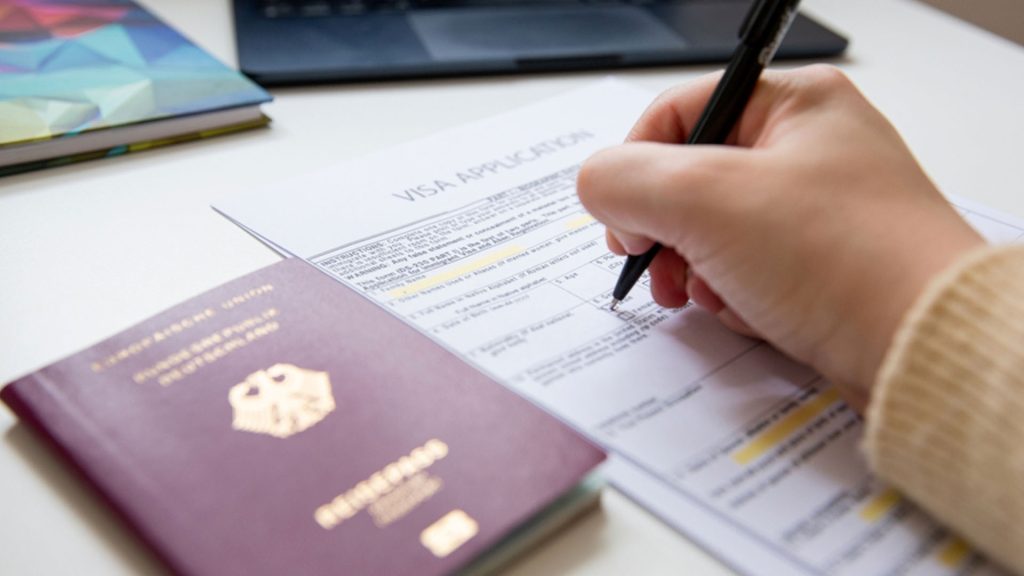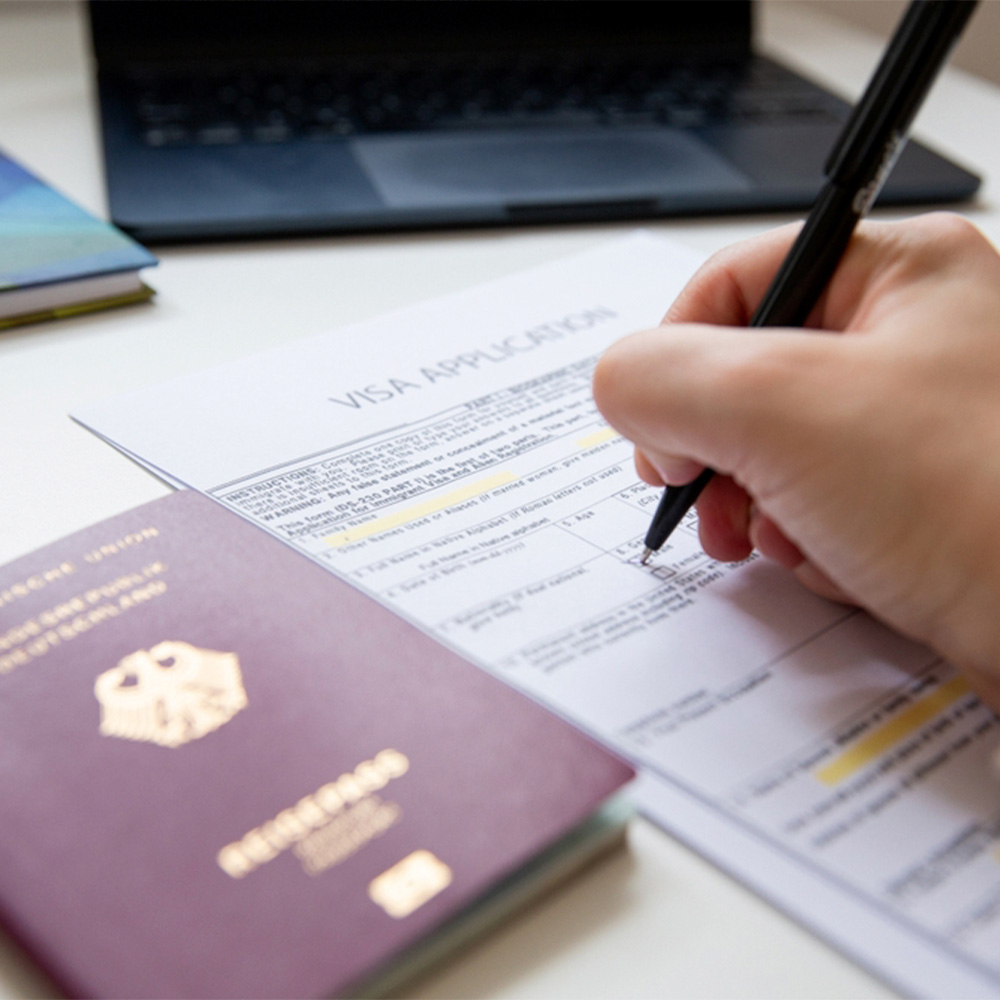


Currently, a tourist visa is not required for some foreign citizens to enter Peru, depending on their country of origin. Citizens from South America, North America, New Zealand, and Australia do not need a visa. For more information, we recommend visiting the website of the Peruvian Consulate.
If your country is on the list of those requiring a tourist visa, here are some of the requirements that are generally requested when applying for a visa at the Peruvian Consular Offices abroad:
It is important to note that the consular officer may request additional documentation to support the traveler's application. If you wish to stay longer in Peru for reasons such as business, study, or work, you must apply for the corresponding visa at the Peruvian consulates.
The passport is one of the essential documents for any traveler, as it contains detailed information about the holder's identity and nationality. Additionally, it allows for travel and the exercise of free international transit.
If your passport is full of travel stamps and still has not expired, you can request additional pages to be added to your passport at your country's embassy.
All visitors to Peru receive a tourist card upon arrival, which must be filled out with personal information. Each card has a duplicate, and the immigration office keeps one copy.
We recommend that upon entering the country, you verify that your passport is valid for at least six months after arrival. If the passport expires while in the country, it can be renewed free of charge at your country's embassies in Peru.
Below are some actions that are prohibited in tourist attractions:

Happy passengers